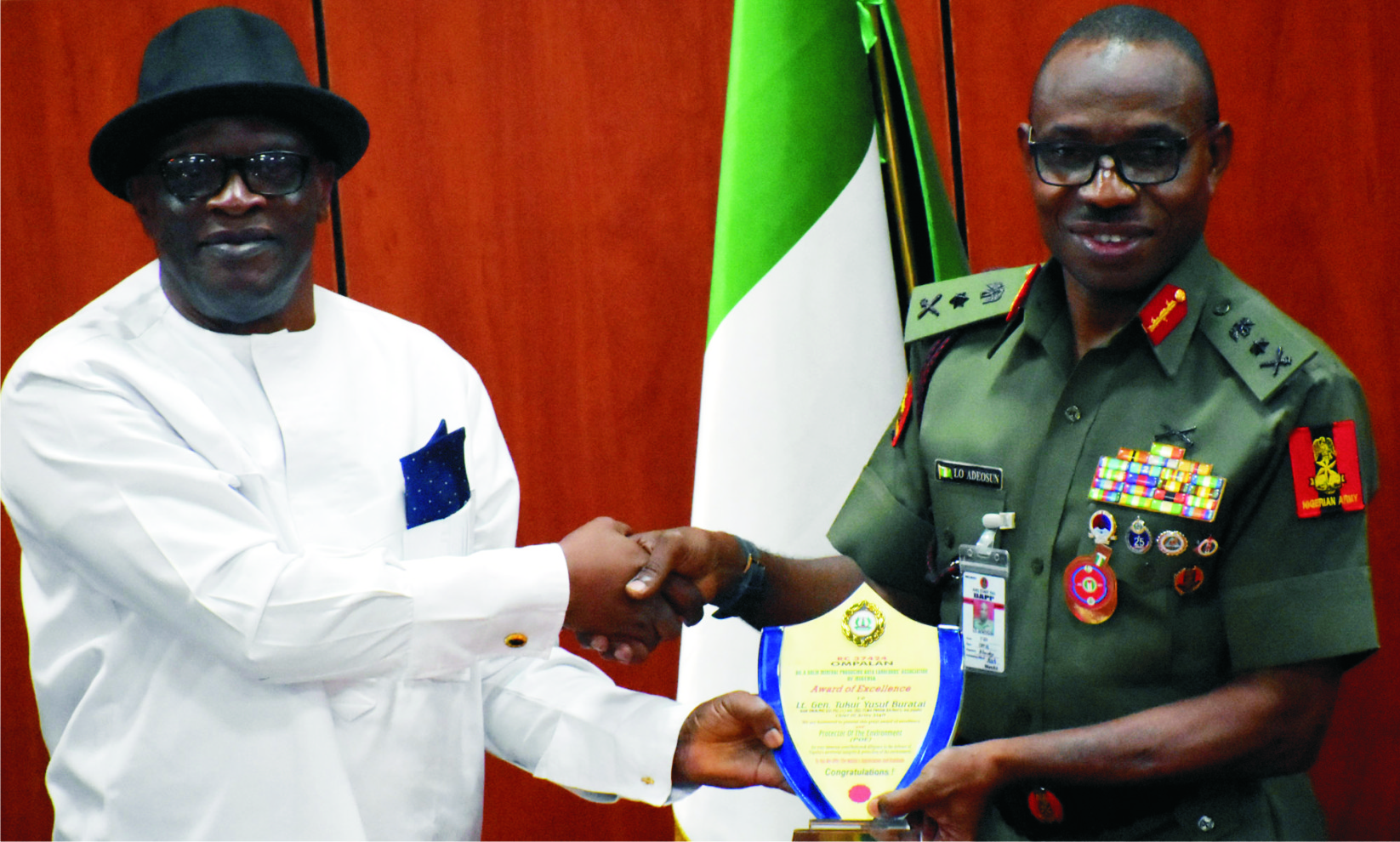Oil & Energy
‘FG Earmarks $1.61bn For 24 Hour Power Supply’

The Managing Director, Transmission Company of Nigeria (TCN), Alhaji Usman Gur, says the Federal Government in collaboration with international donor agencies has set aside over 1.61 billion dollars to ensure constant power supply in the country.
Gur, who is also the Chief Executive Officer of the TCN, disclosed this yesterday in Kano while briefing newsmen at the Kumbotso power sub-station.
According to him, the project will be carried out under the Transmission Rehabilitation Expansion Programme.
“We are rehabilitating and expanding to degree 20, 000 Mega Watts by 2022 across the country,” he said.
He noted that, the Federal Government has already earmarked about N32 billion to compensate Nigerians whose lands, houses and farms could be affected by the right-of-way to create power lines for the execution of the project.
“The total amount that we are going to pay for compensation across the country is about N32 billion. And the total project cost is 1.61 billion dollars.
The project will be supported by various international donors.
“The compensation for right-of-way from Kumbotso sub-station to Rimi Zagara will cost about N3 billion. We have not completely validated it. The total cost for compensation across the country being provided by the Federal Government, “ he said.
Gur, who is also the chairman of the West African Power Pool (WAPP) Committee Executive Board, stated that he led the TCN team to Kano to validate and look at the route that ran from the Kumbotso Transmission sub-station to Rimi Zakara.
“You know we are going to connect Rimi Zakara to this sub-station (Kumbotso). Rimi Zakara is the place we are putting another 330 KV Sub-station, just like this one in Kumbotso.”
“The mistake that happened in the past is that we normally award contract for line without doing the study. You know the study will establish who are the people under the right-of-way; and who are those people that are going to be affected by the lines.
Oil & Energy
Reps C’mitee Moves To Resolve Dangote, NUPENG Dispute

Oil & Energy
Increased Oil and Gas: Stakeholders Urge Expansion Of PINL Scope

Oil & Energy
Digital Technology Key To Nigeria’s Oil, Gas Future

Experts in the oil and gas industry have said that the adoption of digital technologies would tackle inefficiencies and drive sustainable growth in the energy sector.
With the theme of the symposium as ‘Transforming Energy: The Digital Evolution of Oil and Gas’, he gathering drew top industry players, media leaders, traditional rulers, students, and security officials for a wide-ranging dialogue on the future of Nigeria’s most vital industry.
Chairman of the Petroleum Technology Association of Nigeria (PETAN), Wole Ogunsanya, highlighted the role of digital solutions across exploration, drilling, production, and other oil services.
Represented by the Vice Chairman, Obi Uzu, Ogunsanya noted that Nigeria’s oil production had risen to about 1.7 million barrels per day and was expected to reach two million barrels soon.
Ogunsanya emphasised that increased production would strengthen the naira and fund key infrastructure projects, such as railway networks connecting Lagos to northern, eastern, and southern Nigeria, without excessive borrowing.
He stressed the importance of using oil revenue to sustain national development rather than relying heavily on loans, which undermine financial independence.
Comparing Nigeria to Norway, Ogunsanya explained how the Nordic country had prudently saved and invested oil earnings into education, infrastructure, and long-term development, in contrast to the nation’s monthly revenue distribution system.
Chief Executive Officer (CEO) and Executive Secretary of the Major Energies Marketers Association of Nigeria (MEMAN), Clement Using, represented by the Secretary of the Association, Ms Ogechi Nkwoji, highlighted the urgent need for stakeholders and regulators in the sector to embrace digital technologies.
According to him, digital evolution can boost operational efficiency, reduce costs, enhance safety, and align with sustainability goals.
Isong pointed out that the downstream energy sector forms the backbone of Nigeria’s economy saying “When the downstream system functions well, commerce thrives, hospitals operate, and markets stay open. When it fails, chaos and hardship follow immediately,” he said.
He identified challenges such as price volatility, equipment failures, fuel losses, fraud, and environmental risks, linking them to aging infrastructure, poor record-keeping, and skill gaps.
According to Isong, the solution lies in integrated digital tools such as sensors, automation, analytics, and secure transaction systems to monitor refining, storage, distribution, and retail activities.
He highlighted key technologies including IoT forecourt automation for real-time pump activity and sales tracking, remote pricing and reconciliation systems at retail fuel stations, AI-powered pipeline leak detection, terminal automation for depot operations, digital tank gauging, and predictive maintenance.
-

 News1 day ago
News1 day agoStakeholders Tasks Fubara on recognition of Nwoga As Nzeobi of Egbema kingdom ….laud Tinubu for lifting Emergency in the state
-

 Sports1 day ago
Sports1 day agoPalace End Liverpool’s Invincibility
-

 Oil & Energy1 day ago
Oil & Energy1 day agoReps C’mitee Moves To Resolve Dangote, NUPENG Dispute
-

 News1 day ago
News1 day agoChina sentences former Agric minister to death
-

 Sports1 day ago
Sports1 day agoMakinde Expresses Readiness To Host Super Eagles
-

 Niger Delta1 day ago
Niger Delta1 day agoWarri Crisis: Oborevwori Sues For Peace
-

 Politics1 day ago
Politics1 day agoExperts Want ECOWAS Parliament To Tackle Fake News
-

 Sports1 day ago
Sports1 day agoMan Utd Lose, Again

